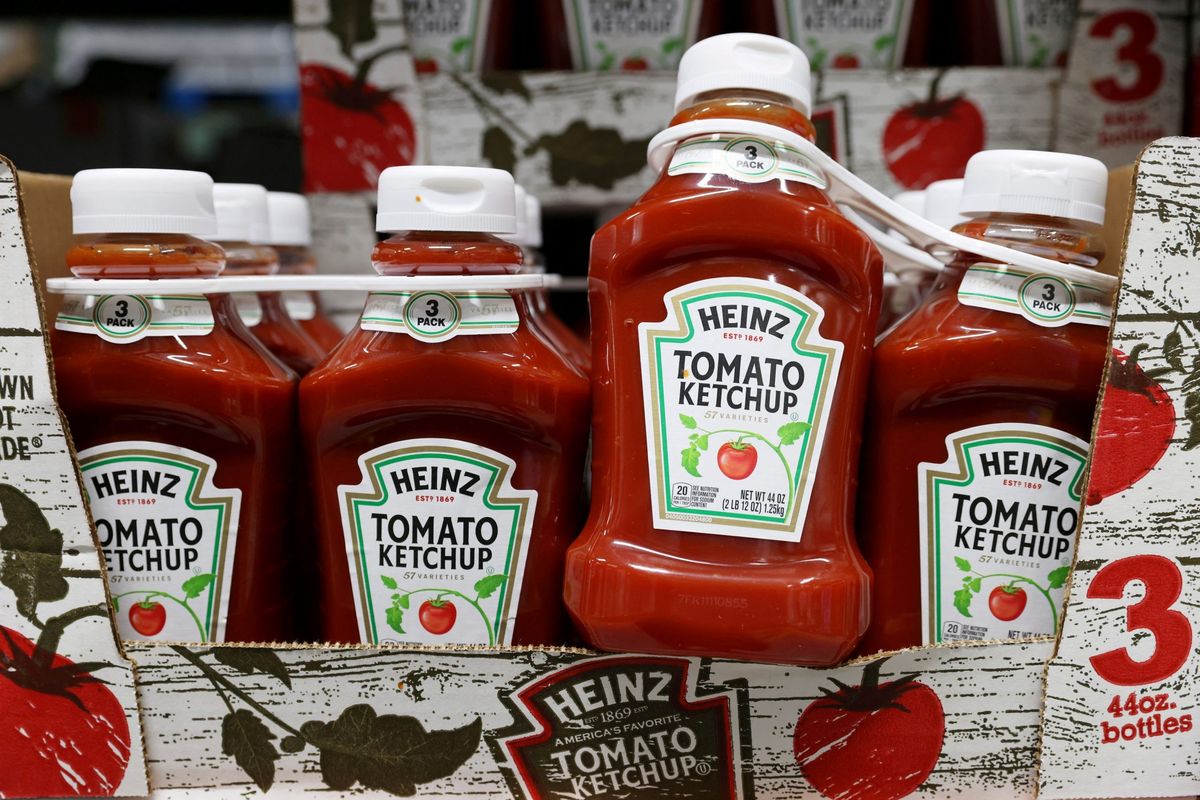Kraft Heinz has reported lower-than-expected sales for its last quarter, as consumers were put off by the higher prices of its packaged meals and condiments.
Like other FMCG firms, the US food giant has been raising prices for two years to protect margins from the surge in labour, raw material, and transportation costs. However, consumers are becoming increasingly price-conscious, which is starting to affect the benefits of the strategy.
In the second quarter, Kraft Heinz saw its organic net sales increase by 4.0 per cent. However, this was driven by an 11 per cent increase in prices that resulted in a 7 per cent decline in volumes. The company noted that it also faced stronger competition from promotions and cheaper alternatives for its ready-to-eat meals and snacks, sauces, and cooking essentials.
“In the US, price gaps have expanded relative to both private label and branded competition. We have seen branded competition increase their levels of promotion, while we have remained more disciplined,” Kraft said.
Despite missing sales estimates, Kraft Heinz maintained its annual sales and profit forecasts.
Kraft Heinz CEO and Chair of the Board, Miguel Patricio, said: “While we did face headwinds in the second quarter, particularly within US market share performance, the action plans we laid out in the first quarter resulted in share trend improvement each month. We expect these action plans, along with continued strong execution from our teams, to drive momentum through the second half of the year.
“Overall, our results give me confidence in the direction we are headed. As a result, we are reiterating our full-year outlook.”
The results were in line with Oreo-maker Mondelez International and candy maker Hershey that also saw volumes falter in their most recent quarter, as they passed on price increases to consumers.


